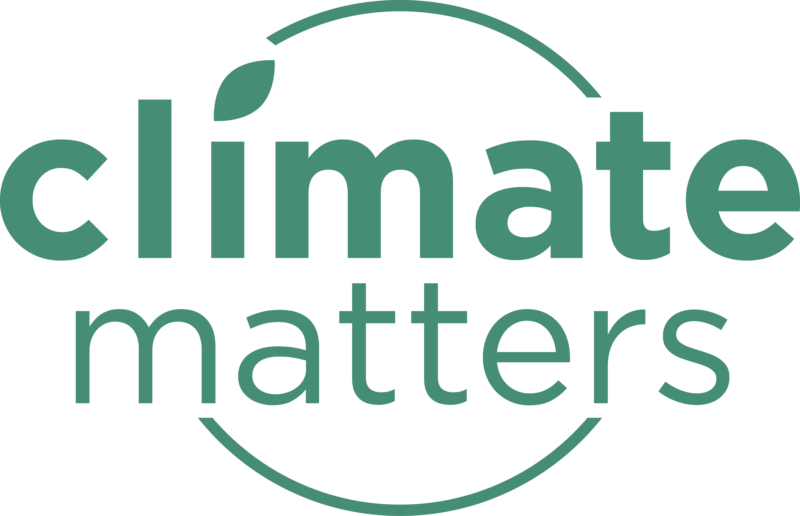Nachhaltigkeit geht alle an – drei Beiträge zum Thema Nachhaltigkeitskommunikation
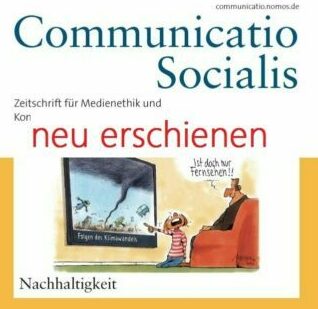
(English summary below) Die aktuelle Ausgabe der Zeitschrift Communicatio Socialis versammelt diverse interessante Beiträge zum Thema Nachhaltigkeitskommunikation. Das Plädoyer darin: Nachhaltigkeit geht alle an, und auch Journalismus und Wissenschaft können sich nicht länger auf einen distanzierten Beobachterstatus zurückziehen. Die Zeitschrift ist leider nicht frei lesbar. Für alle, die keinen Zugang zum Journal haben, sind hier […]
Comparing Coverage of Climate Change Across the Global North and South
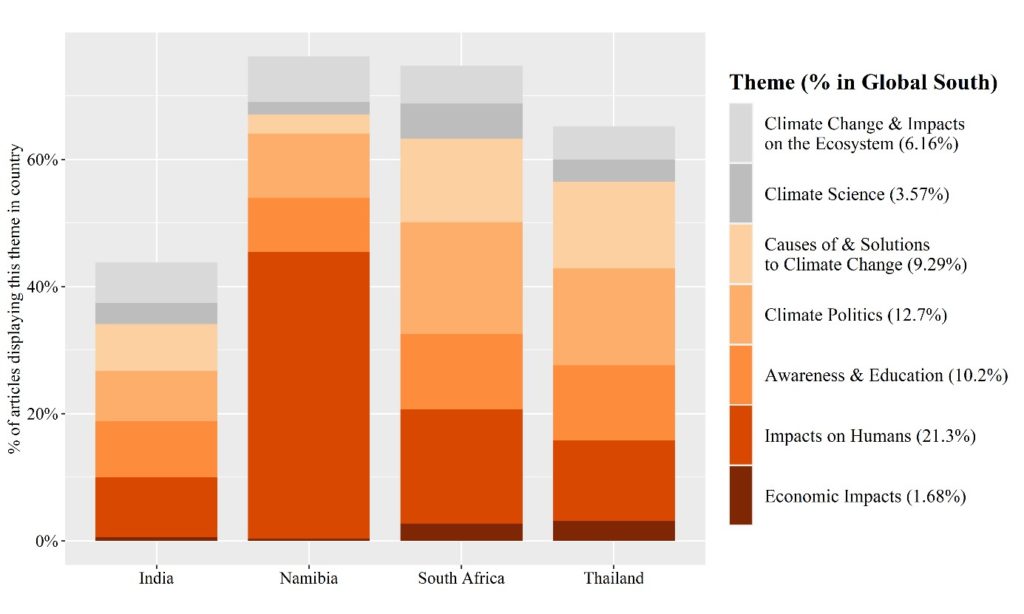
India and Thailand are among the countries affected most by climate change. Still, we know little about how news media in these nations cover climate change. In a recent study, we wanted to change that and asked: How and how much do countries from the Global North and South cover climate change?
How to talk about climate change – a collection of thoughts and helpful input for non-experts
When did you talk about climate change the last time? And when did you do so with family and friends? Results from our surveys show that on the one hand, the amount of people talking about climate change in their daily lives is rising steadily (see Guenther et al. 2020, in German), but on the […]
After Lunch Posts: Talking Climate Change with Hans von Storch
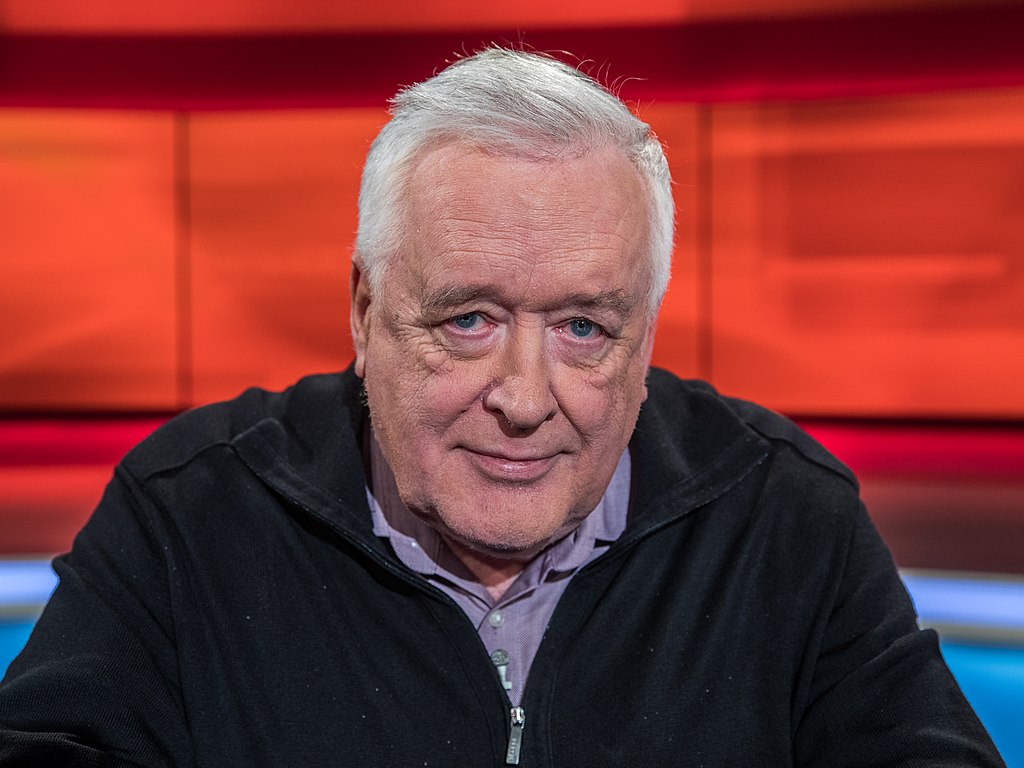
One of the many privileges of holding a Professorship at the University of Hamburg and being involved in the Cluster of Excellence, which unites researchers from different disciplines around the issue of climate change (see CLICCS website ), is that you have the opportunity to meet and have lunch with highly inspiring and thought-provoking people […]
Let’s focus on the short-term benefits of long-term climate protection!
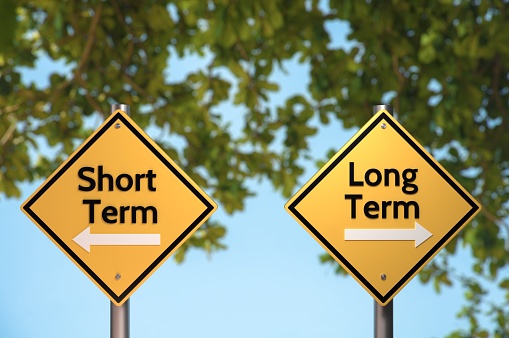
A new study by Samset et al. (2020) in Nature Communcations finds that even under strong and sustained mitigation efforts, it will take the climate system until mid-century to demonstrate a discernible cooling response. Unfortunately, we must accept and live with the frustrating fact that the global climate system is a rather gigantic tanker ship […]
A Short Personal Guide to Climate Change Conversations

As natural scientists, we hopefully learn multiple concepts about uncertainty throughout our education and research, and, at some point, the time will come when we need to put them into practice. This post comes from the necessity of a first approach to assemble some of the multiple guidelines and recommendations that we receive regarding climate […]
Warum das Zwei-Grad-Ziel ein (Kommunikations-) Problem ist

In seinem Kommentar zur Klimapolitik hat sich der Innenpolitik-Chef der FAZ kürzlich schwer vertippt: Er schreibt, es gäbe „die Verpflichtung, bis 2050 die Erwärmung deutlich unter zwei Grad zu senken“. Dabei ist es natürlich so, dass sich die Zwei-Grad-Grenze, so wie sie die Staatengemeinschaft 2015 in Paris beschlossen hat, auf das Jahr 2100 bezieht. Fehler […]
‘Tis the season again: COP25 in Madrid has started
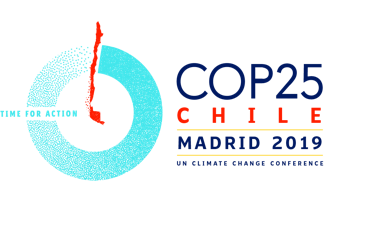
The last month of the year has begun, Christmas decorations are taking over the cities, and another climate conference has started.
Climate Communications Awards – You Can Vote!
Edit 8 November: The vote is already closed now and the winners have been announced yesterday: they are two young women with their impressive poetic video “Rise”, which you can watch here. —- The British climate communication organisation Climate Outreach has initiated the Climate Communication Awards to recognise outstanding individuals worldwide “who are driving public […]
Climate change reporting abounds in September
Our colleagues at the University of Colorado Boulder Media and Climate Change Observatory (MECCO) have spotlighted a long-time high in newspaper reporting about climate change – a trend we can substantiate with our own data on other news outlets. In September, media attention to climate change and global warming was at its highest level globally […]
